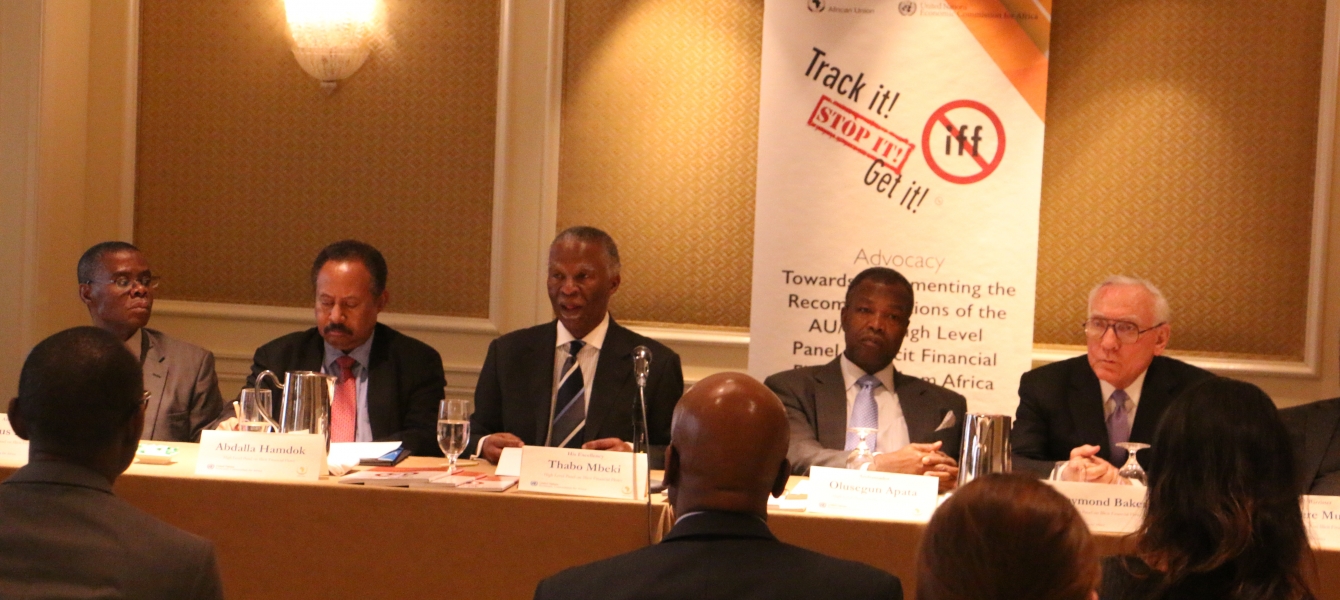
Economic and Financial Crime
| The Challenge |
Illicit financial flows (IFFs) derive from activities considered as criminal offences, but also some behaviors related to tax and commercial practices. The proceeds of crime are the main motivation for criminal groups. Transnational organized crime generates hundreds of billions of dollars annually, less than 1% of which is confiscated globally while the rest is integrated into the financial system or businesses and used for purposes that perpetuate governance problems, instability, and conflict. Organized crime and IFFs erode sustainable development outcomes and undermine the rule of law.
The international community recognized the challenges posed by the complexity of IFFs and the importance of their reduction as a priority area to build peaceful societies around the world. The 2030 Sustainable Development Goal (SDG) target 16.4. calls for "significantly reduce illicit financial flows and arms flows, strengthen the recovery and return of stolen assets and combat all forms of organized crime". The tracing, seizure, and confiscation of these revenues is necessary to disrupt and prevent their activities.
As mentioned by Ms. Ghada Fathi Waly, Executive Director of the United Nations Office on Drugs and Crime (UNODC), during a side event for COP10 on illicit financial flows, "illicit financial flows are draining away vital revenues from Africa, undermining stability and hindering progress towards the sustainable development goals".
GPML activities focus on the overarching issue of IFFs and have a direct impact on technical assistance in a variety of areas including anti-corruption, anti-money laundering, counterterrorism and countering organized crime (including environmental crime, trafficking in persons, drug trafficking, illicit arms trafficking, etc.), and increasing financial transparency and better protecting the economy from the IFFs.
UNODC remains an essential partner for many States in tracking down illicit financial flows around the world and has been providing technical training to Member States for over two decades, bolstering their capacity to disrupt criminal networks involved.

